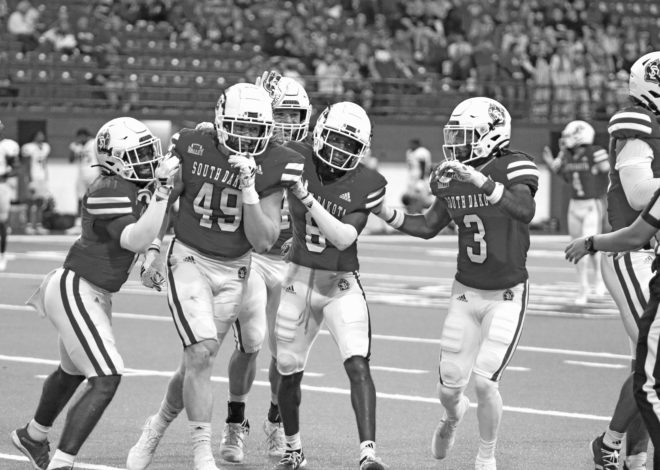COLUMN: Through tragedy, sports unite Americans
This week, I was supposed to do a column about resurrecting baseball on campus. I’d had it all laid out in my head. Then last week’s bombings at the Boston Marathon occurred, and I decided this is an issue to take up at a later date. There are more important things — sports-wise and otherwise — to write about.
Over time I’ve repeatedly heard the sentiments “It’s just a game” and “There are more important things than sports.” There is no doubt that in this world there are more important matters than the outcomes of a sporting event. But culturally, there are few things more important, especially in times of tragedy.
In January of 1942, Major League Baseball Commissioner Kennesaw Mountain Landis sent a letter to President Franklin Roosevelt. The United States had been at war for just over a month and spring training was just around the corner. With men being drafted into service across the country and peacetime industries converting to wartime manufacturing, Landis was concerned about whether it would be appropriate to continue with the situation overseas. Roosevelt responded saying the final decision would rest with Landis and the club owners. He would then add the following.
“I honestly feel that it would be best for the country to keep baseball going,” Roosevelt said. “There will be fewer people unemployed and everybody will work longer hours and harder than ever before. And that means that they ought to have a chance for recreation and for taking their minds off their work even more than before.”
Though he did not exclude the players from the draft and government service, encouraging them to take defense jobs if they could, Roosevelt understood the value of sports to national morale.
“Here is another way of looking at it — if 300 teams use 5,000 or 6,000 players, these players are a definite recreational asset to at least 20,000,000 of the fellow citizens — and that, in my judgment, is thoroughly worthwhile.”
This was not the first time people have used sports in as a coping mechanism in tragic circumstances, nor the last. Soldiers on both sides of the American Civil War played baseball.
Christmas of 1914, Europe was in the grips of World War I, the war to end all wars. Yet on Christmas Day, in many locations along the front lines, British, some French and German troops put their weapons down and met in No-Man’s Land to hold joint burials, exchange gifts and in many cases played soccer against each other. In 1963, just days after the assassination of President John F. Kennedy, National Football League Commissioner Pete Rozelle made the decision to go ahead with the league’s Sunday schedule just two days after the fact. Though a more reserved atmosphere prevailed that day, Kennedy’s Press Secretary Pierre Sallinger supported the decision.
“I’ve never questioned it,” Sallinger told Sports Illustrated in 1993. “This country needed some normalcy, and football, which is a very important game in our society, helped provide it.”
Following the attacks of September 11th, it was baseball that started the nation on a path to normalcy with an emotional Mets game in Shea Stadium Sept. 21 and a thrilling seven-game World Series two months later. And two moments in the aftermath of the 2013 Boston Marathon Bombing have etched themselves into sporting lore: the fans at TD Garden Arena and Fenway Park, hosting the first post-attack Bruins and Red Sox games respectively, singing the Star Spangled Banner together.
These are just a few examples of the importance sports have in our culture in times of strife. I don’t deny that there are athletes who are selfish, lazy, egotistical, dishonest or worse. These types of people exist in every profession and large entity from business, to law enforcement, to politics, to major religions and beyond. But these types of people will always be outnumbered by those who do conduct themselves with integrity, honor and respect for the entity they represent.
In conclusion, they may just be games, but that’s the appeal. A game is simple and a temporary respite from the big picture, helping us to cope and face these issues with a clearer mind. There are and always will be more important issues to deal with, but it is no reason to downplay the significant role sports can play in moving a people forward when trouble arises.

